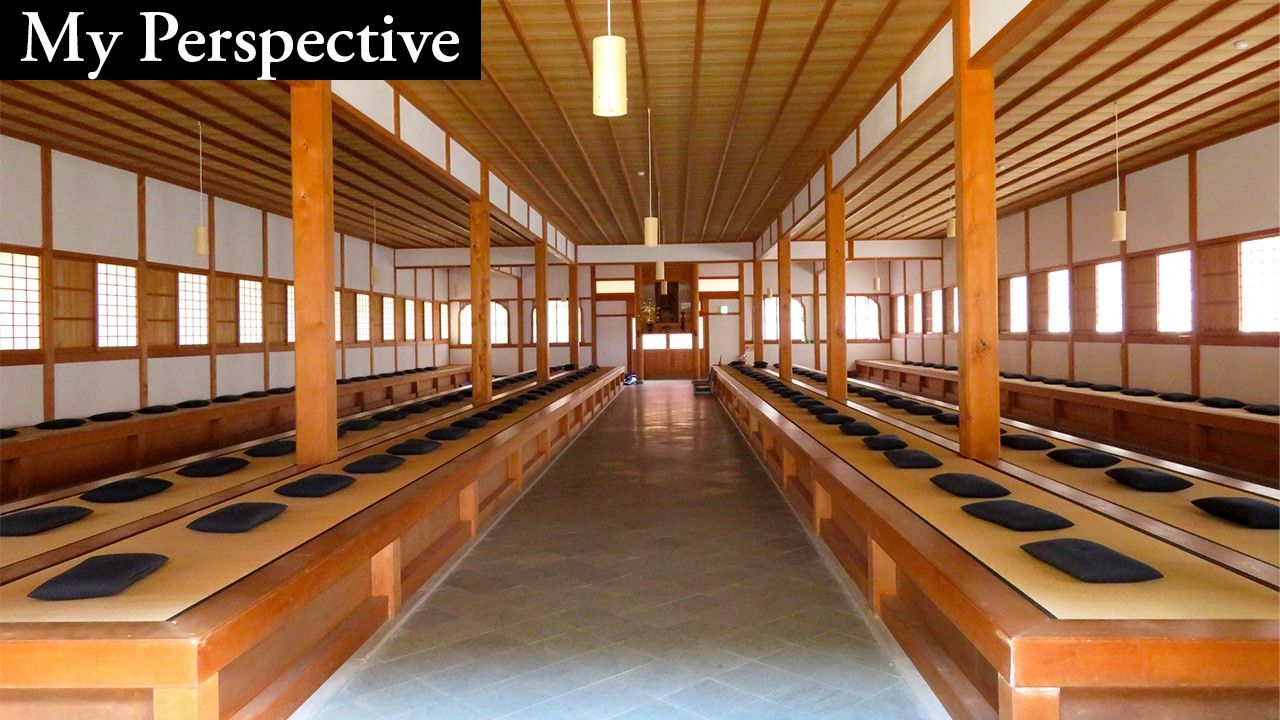
“Isagiyoi” as a Key Adjective to Understanding Japan’s Culture
Culture- English
- 日本語
- 简体字
- 繁體字
- Français
- Español
- العربية
- Русский
The Resolute Japanese
In examining Japan and its culture, I often find myself drawn to the adjective isagiyoi—which might be rendered in various contexts as “resolute,” “upright,” or “gallant”—as a concept with unique connotations that shed light on Japan’s takes on the self and the other.
The word has intimations of the idea of purity, or remaining unblemished. The Japanese might describe a person who is humble, keeps his quiet, and avoids self-promotion as isagiyoi. The character for this word (潔) also appears in terms like kōketsu (高潔), applied to a person of “noble purity.” All in all, this concept comes across as a key aspect of the spiritual aesthetics of the Japanese.
Of course, we must recognize that in translating this Japanese term into our own languages, many are liable to fall into certain linguistic traps, selecting certain words to present the cultural connotations it carries. In taking a word like isagiyoi and bringing it into our own linguistic spaces, we are prone to saddling it with different cultural baggage to make it easier to understand in our own milieu.
As I write this the world has its eyes on Paris for the summer Olympic and Paralympic Games, an appropriate occasion to consider the ways that isagiyoi can be used in Japanese to describe the actions and attitudes of athletes. Take, for example, a competitor who has suffered an injury or is in pain that prevents her from clinching a gold medal. Even if she was a dominant athlete, favored to win in her event, when she speaks with the media, she will never bring up her injury or her pain as a reason she did not win. In this, she embodies isagiyoi indeed.
The Universal . . . But With Gaps
I find myself constantly vexed by questions of the human conscience. Does what we call a conscience differ from culture to culture? Indeed, is it possible for a conscience to be something different in nature just because the person who has it comes from a different cultural background? If it is possible, what are the various types, standards, and visions we might see underpinning the conscience?
I believe that all humans are born with the same capability for differentiating between virtue and evil, good and bad. In the Islamic cultural sphere, for instance, we have the concept of al-ihsan, the drive to carefully and patiently bring something to a more perfect and complete level. This is a concept that may show some differences in the ways it manifests in different cultures and societies, but at its core there is a universal truth to it.
I have spent my years coming into contact with numerous societies and cultures, steeping myself in them at length. One thing this has caused me to understand is that a major measure of our capacity for true communication is whether our respective concepts and perceptions—our linguistic approaches to thought and their implications, and our ability to understand those of others—are similar to or distant from one another. Whether we come from different linguistic backgrounds or speak the same language, this is a factor that determines how well we can truly understand one another when we talk to each other.
(Originally written in Japanese. Banner image © Pixta.)
